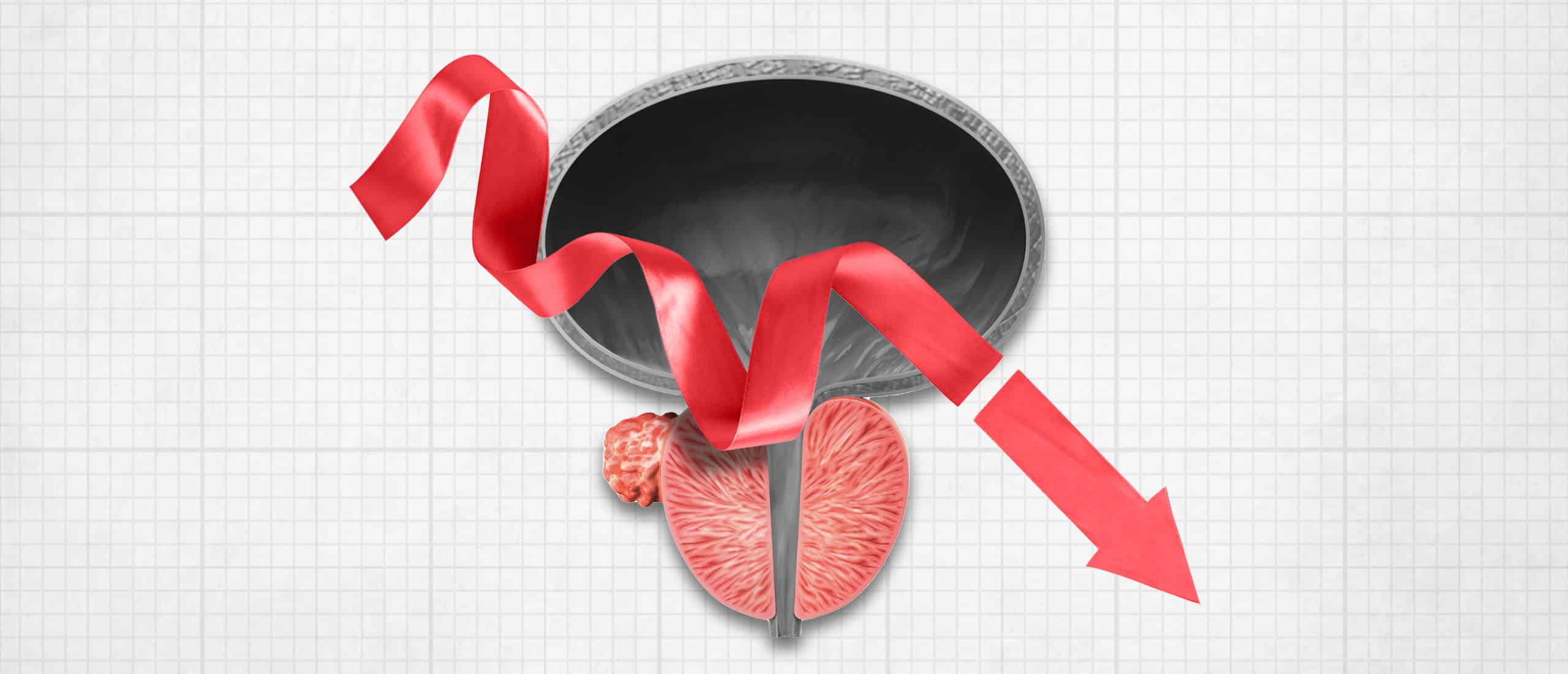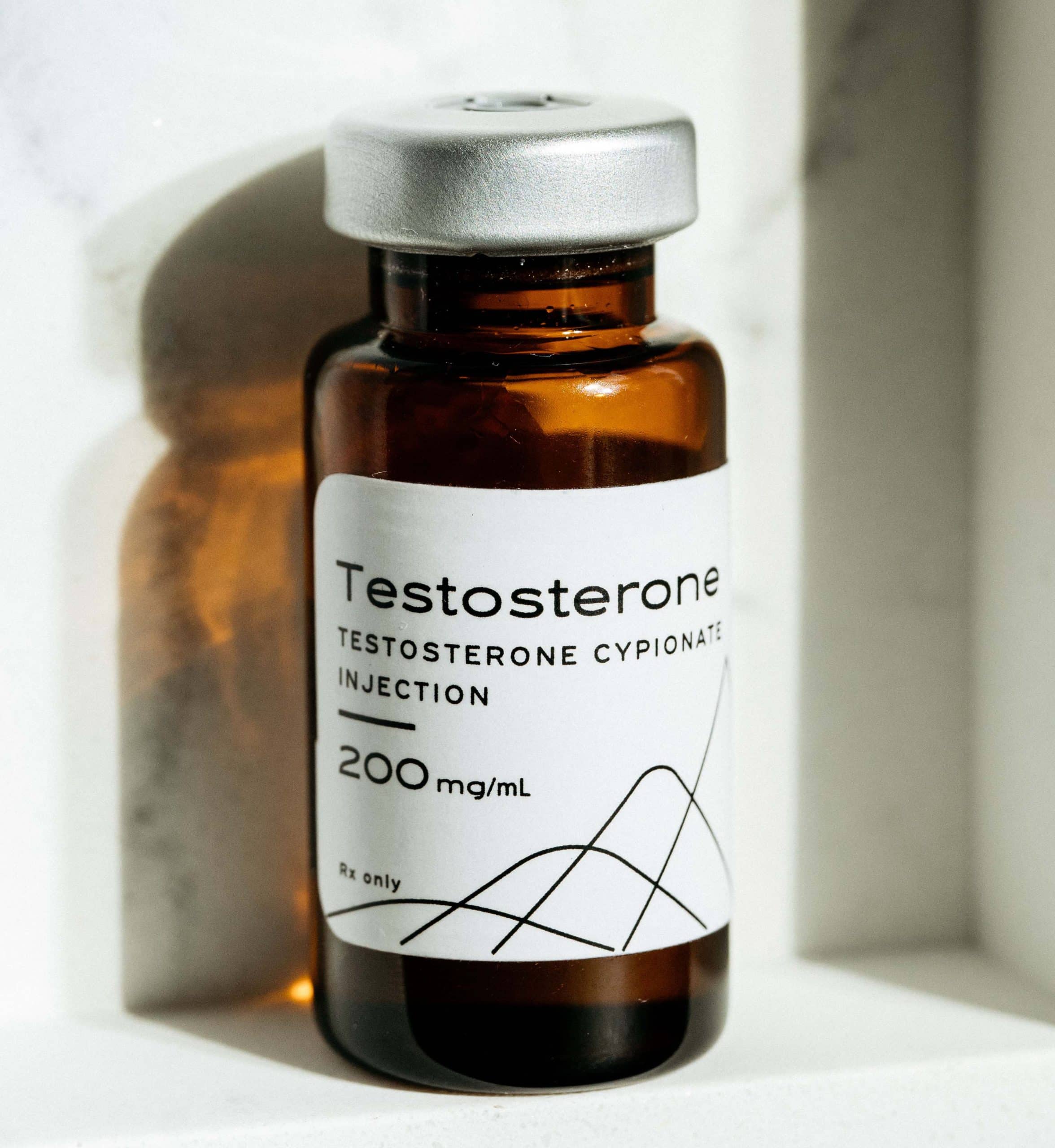The Surprising Connection Between Low Testosterone and Cancer
O
ptimal hormone levels are closely tied to cardiovascular and sexual health, body composition, and metabolism—areas that contribute heavily to your overall health- and lifespan. When your hormone levels, like testosterone, dip outside of the ideal range, you might experience debilitating side effects like fatigue, muscle loss, and low libido.
But low T could have another— even more pressing—effect on your longevity.
Longevity expert Peter Attia, M.D., pointed out an interesting connection between hormone levels and prostate cancer prognosis in a recent episode of The Drive podcast with cancer researcher Keith Flaherty, M.D.
“It’s very counterintuitive. Everyone thinks that testosterone is causing prostate cancer, when what we’re seeing is the cancers that grow without the hormone are worse,” Attia said.
How Low Testosterone and Prostate Cancer are Linked
Men with low T have worse outcomes when battling prostate cancer, according to one 2012 clinical review (1). In a sample of men who underwent a prostate biopsy, men with low testosterone had malignant biopsies twice as often.
“The implicated hormones (like testosterone) are typically at their lowest levels when these cancers come on board,” Attia says. “When men have their highest levels of [testosterone and dihydrotestosterone] in their 20s and 30s, that cancer is never to be found. That cancer only shows up when those hormones are greatly diminished.”
Flaherty explains that cancers which grow in low hormone environments have “figured out” how to replace the function of these hormones. These cancers lack hormone receptors—which is what many cancer-fighting medications target to kill tumors—which makes them more dangerous and harder to destroy.
“A prostate cancer that develops in the presence of low testosterone, all things equal, is a worse prostate cancer,” Attia says. “The lower the testosterone at the time of diagnosis, the worse the outcome.”
TRT Can Help After Prostate Cancer
While Attia notes that there isn’t enough research to suggest that high T could be protective against prostate cancer, testosterone replacement therapy (TRT) is safe for in-recovery prostate cancer patients (2).
Doctors may prescribe TRT after a radical prostatectomy, which prevents your body from producing its own testosterone. Supplementing testosterone may alleviate post-surgery erectile dysfunction, loss of energy, and other quality of life concerns.
Hone’s at-home testosterone assessment is the simplest way to uncover whether your levels are low. If you qualify for treatment, TRT can be sent right to your door.
References
1.Ramasamy, et al (2012). Testosterone replacement and prostate cancer.
2. Natale, et al (2021). Testosterone Therapy After Prostate Cancer Treatment: A Review of Literature.













